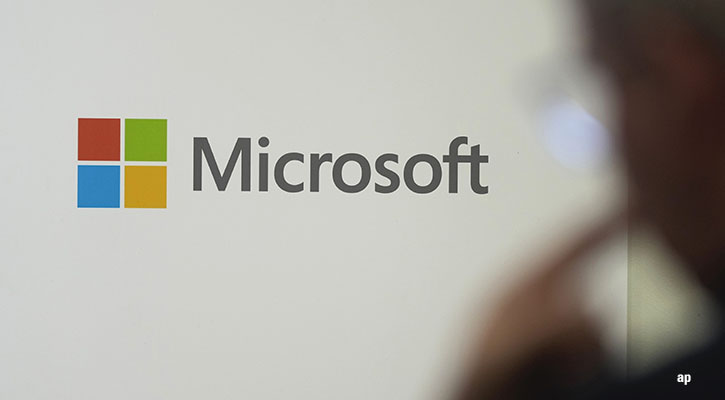Morningstar's "Perspectives" series features investment insights from third-party contributors. Here, Stephanie Flanders, Chief Market Strategist for Europe, J.P. Morgan Asset Management comments on Super Thursday.
With inflation now expected to be a little weaker, and productivity somewhat stronger, the Bank’s policy makers do not think a rate rise is in any way imminent – nor is it likely to happen before the end of 2015. Unlike many major economies, the UK is not trying to recover on the back of a weak currency, but the Bank does not want investors to think sterling is a one way bet.
There has not been a major change in the inflation and GDP forecasts since the last report in May, but stronger wage pressures and further strength in the domestic economy have brought forward market expectations for the first official interest rate rise, with investors now looking at the early part of 2016 for that historic decision rather than later in the year.
The Bank’s new projections for inflation broadly endorse this shift in expectations, with inflation moving smoothly back to the 2% target over the next two years on the assumption that monetary policy proceeds with the “gradual and limited” rate rises built into current market prices. But the forecasts do not suggest any need for rates to rise any earlier than that.
Sterling Strengthens
It is easy to see why the Bank would not want investors to get ahead of themselves. As the Bank’s Governor, Mark Carney pointed out in his press conference, sterling has risen 20% on a trade-weighted basis since March 2013, with most of that coming since May. With monetary policy still extraordinarily loose in the major developed economies, the upward move in sterling in the past 2 months shows how even a modest move in rate expectations can have a dramatic impact on the currency.
For a very open economy like the UK that represents a tightening in monetary conditions in its own right as well as having a downward impact on future UK inflation, which is now due to be slightly lower in 2016 than previously thought.
The Report, coupled with the news that only one of the nine members of the Monetary Policy Committee had voted for a tightening in the August meeting, has had an immediate impact on sterling. However, we do not believe this is the start of a sustained move down in sterling given the broadly upbeat tone of today’s statements about the economy.
Wages are Rising 3.3%
On that, Governor Carney said the UK was enjoying “a recovery turning into a sustainable expansion”. Wage growth has picked up, with regular pay in the private sector growing at an annual rate of 3.3% in the second quarter, and the spare capacity in the economy is being used up. That is what is putting the Bank on the path to higher rates. But recently we have also seen a welcome rise in productivity – output per head.
The Bank thinks that part of this increase is cyclical, as various special factors that were previously suppressing average productivity are unwound. But the new forecasts assume that at least some of this improvement is a sign of good things to come. That is a key judgment: if the MPC is right, wages can grow faster without necessarily squeezing profitability for UK companies and the Bank need not rush to tighten policy. But we have seen so many disappointments on this score in the years since the crisis the MPC is surely right not to take this as a given.
Today’s data deluge from the Bank of England confirms that the UK recovery is deepening and that a rate rise is likely to occur by early 2016. That puts the UK in a stronger position than many of the world’s economies and well ahead of most of its trading partners across the Channel – something we can expect to translate into persistent upward pressure on sterling in the months ahead.
However, the Bank’s Governor confirmed today that the MPC does not ignore the currency in making its decisions – quite the contrary. As a very open economy, the UK will be affected by the recent upward move in sterling. This coupled with the better productivity news will most likely push the date of the first rate hike into 2016, probably after the first move by the Federal Reserve in the US.
But like the Fed, the Bank of England is data dependent: if the facts change, so will the likely path of policy.
Investors should also remember that the future path of UK interest rates will be much more important to the long-term value of their investments and the strength of the economy than the precise timing of the first rise. The Bank’s Governor repeated again today that the tightening process was likely to be much more “gradual and limited” than in the past.
Disclaimer
The views contained herein are those of the author(s) and not necessarily those of Morningstar. If you are interested in Morningstar featuring your content on our website, please email submissions to UKEditorial@morningstar.com


























